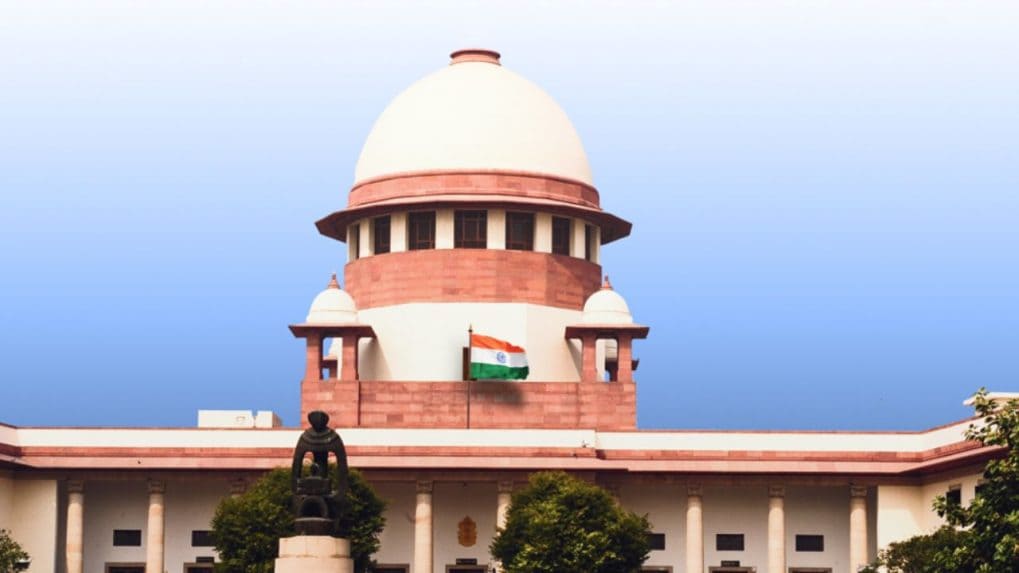‘Escrow agents, not platforms, control player funds’: Fantasy Sports firms to SC
Industry records indicate that in the past decade — despite crores of participants and thousands of competitions — there has been no recorded instance of a winner failing to receive their prize due to escrow or operational default.
ADVERTISEMENT
In a comprehensive explanation to the bench on August 8, 2025, online fantasy sports operators clarified the operational, financial, and legal architecture of their platforms, with a focus on the handling of user funds, escrow arrangements, and the absence of actionable claims at the point of contest entry.
Appearing infront of a division bench of Supreme Court comprising Justices J.B. Pardiwala and R. Mahadevan, senior counsel Arvind Datar on behalf of Federation of Indian Fantasy Sports (FIFS) stated that as per the Federation of Indian Fantasy Sports (FIFS) Charter, all member platforms are required to maintain a strict segregation between user funds and their own operational capital. Player deposits are placed in independent, non-interest-bearing fiduciary bank accounts — entirely separate from a platform’s own accounts — to ensure there is no commingling of money
Datar further stated that the custodian of the fiduciary account is always the bank, while the right to operate the account rests with a trustee, which may be either the platform or an independent escrow agent. In many cases, third-party escrow agents are appointed to operate these accounts, ensuring that platforms have no “right, title, or interest” in the funds. This safeguard is reinforced by the Escrow Agreement dated June 30, 2020, which bars any member platform from deriving benefit from funds held in such accounts.
The platforms operate fully automated systems that receive contest entry fees, distribute prize money to winners, and collect platform fees without manual intervention
Upon the conclusion of a contest, winners are declared based on pre-announced scoring rules tied to the outcome of the actual match. The winnings are credited instantly to the winners’ wallets, with corresponding debits to the accounts of unsuccessful participants. Players may withdraw winnings immediately or leave them in their wallets for future contests
Industry records indicate that in the past decade — despite crores of participants and thousands of competitions — there has been no recorded instance of a winner failing to receive their prize due to escrow or operational default. If such a default were to occur, liability would rest with the fiduciary, not the platform.
Platforms derive revenue solely from platform fees, typically around 10% of the prize pool, which is collected after contest completion. For example, in a contest where four players contribute ₹100 each, the total pool is ₹400, of which ₹360 is allocated to prizes and ₹40 is retained as the platform fee. Escrow agents are paid from this fee, in accordance with the terms of the Escrow Agreement. Datar emphasised that participation in a fantasy sports contest does not create an actionable claim at the time of entry
An actionable claim — defined as a legal right to a debt or beneficial interest enforceable by law — only arises in favour of the winning participant upon contest conclusion, and is immediately discharged when winnings are credited to their account. Such rights are contractual in nature (rights in personam) and do not qualify as property rights or “choses in action.”
Because platforms hold no ownership over user funds, there can be no “supply” or “transfer” of actionable claims. The only consideration retained by the platform is its fee for operating the contest
The FIFS enforces a strict code of ethics, mandatory terms and conditions, and a multi-layered dispute resolution mechanism. Players dissatisfied with the platform’s resolution may appeal to an Ombudsman — a retired Supreme Court judge — for an independent review.
Read More: Delhi Court orders IndiGo to pay ₹1.5 lakh to passenger over stained seat
Read More: Google, CCI, ADIF lock horns in Supreme Court over NCLAT Play Store ruling
Read More: Tax law blind to crime, gambling triggers GST either way: Govt tells Supreme Court

